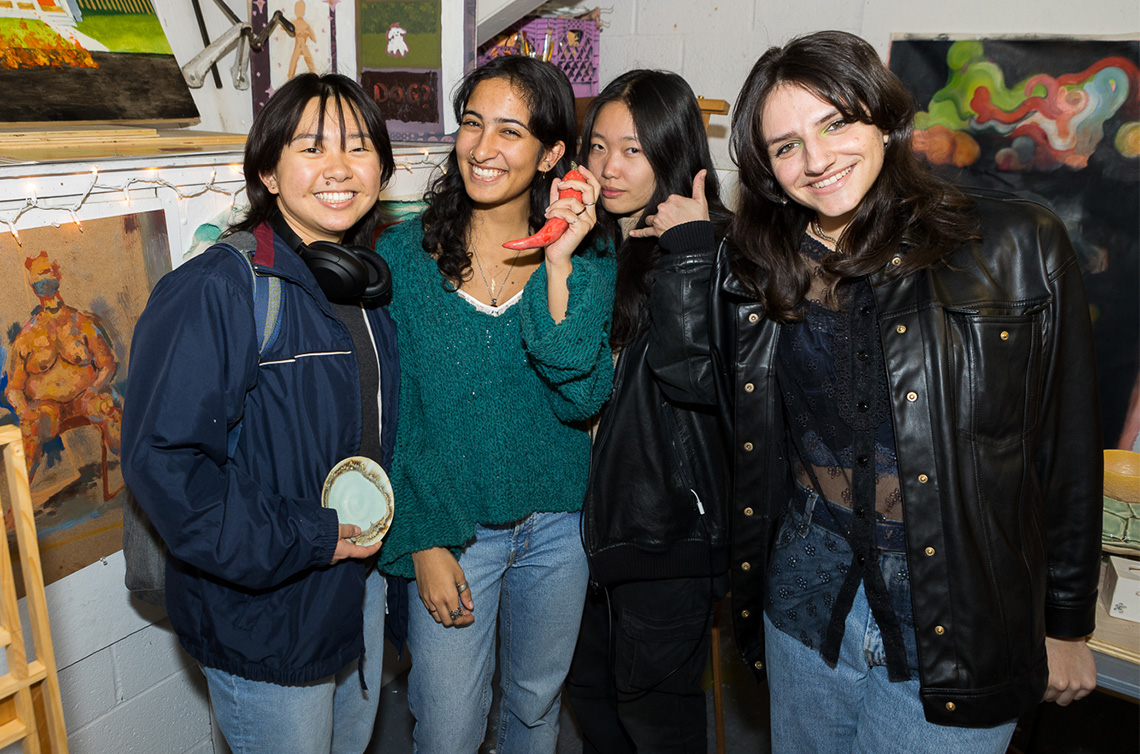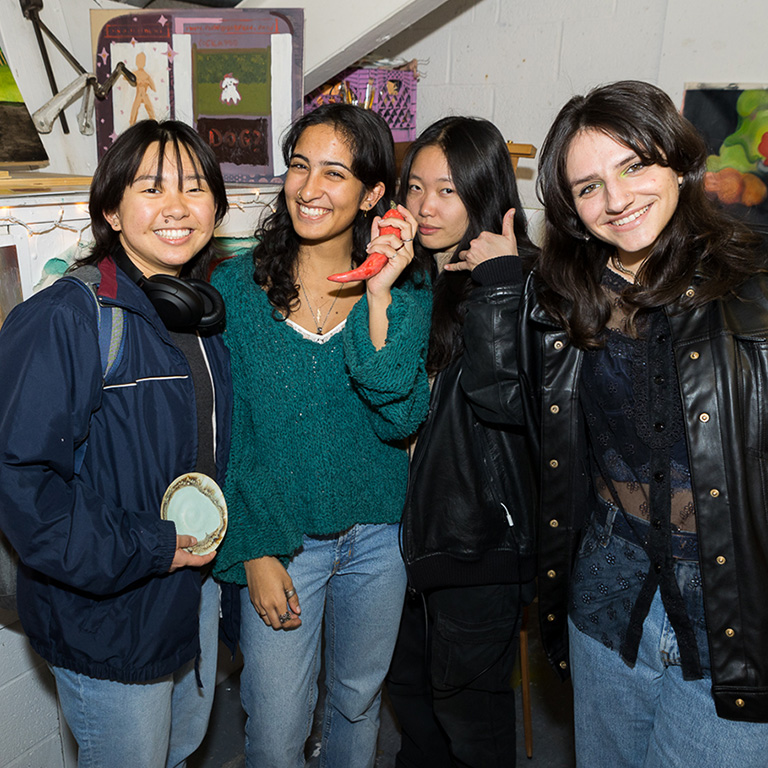Fall 2020 Elective Courses
Please find below a list of all advanced art electives with abbreviated descriptions for Fall 2020. For complete course descriptions and additional information please refer to SIO.
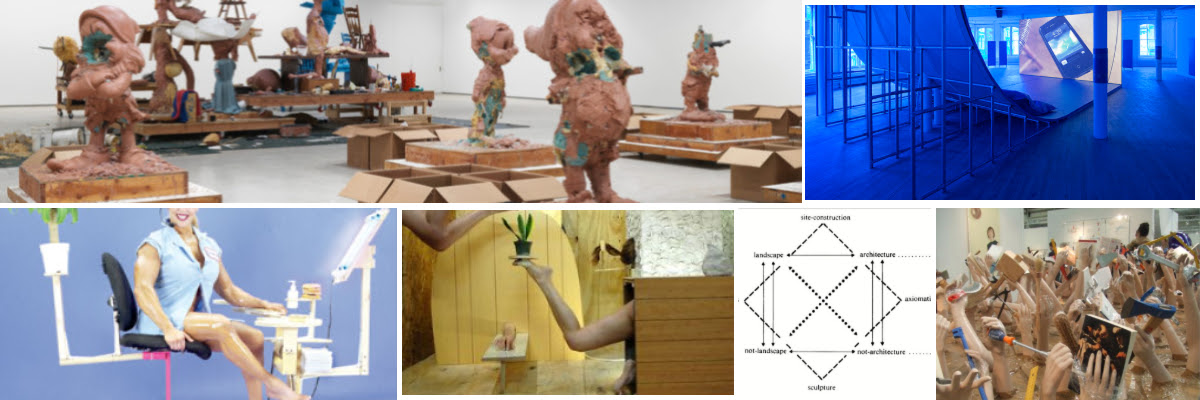
Open Sculpture (60430)
MW 8:30-11:20am
Professor Halsey Rodman
Sculpture is perhaps the broadest field among the contemporary visual arts. Through its privileged relationship to the physical world and the viewer’s body, sculpture is the glue that connects the intermedia practices of object, installation, interactive art and performance. In this class we build on skills and concepts learned in 3D media 1 and 2 to develop students’ individual approach. Students define independent responses to topics proposed through discussion of contemporary sculptors. Emphasis is placed on individual development. Students are encouraged to explore interdisciplinary approaches.
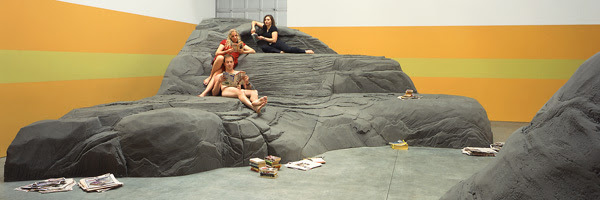
Installation (60431)
MW 1:30-4:20pm
Professor Bob Bingham
This course explores a broad range of sculptural issues concerning the practice of Installation Art. While this studio course primarily emphasizes immersive environments, given the circumstances of remote learning and one’s bedroom as studio, small and intimate may be more appropriate. Students are expected to involve an ensemble of elements including objects (found, purchased, reused, appropriated and made from an array of any kind of material including natural materials) and time-based media such as video, audio, performance, light, etc. in order to create relationships within a particular space. Consider the notion of an immersive stage set and the importance of documentation—fabricated to be photographed, video documented, digitally imaged and/or performed in.
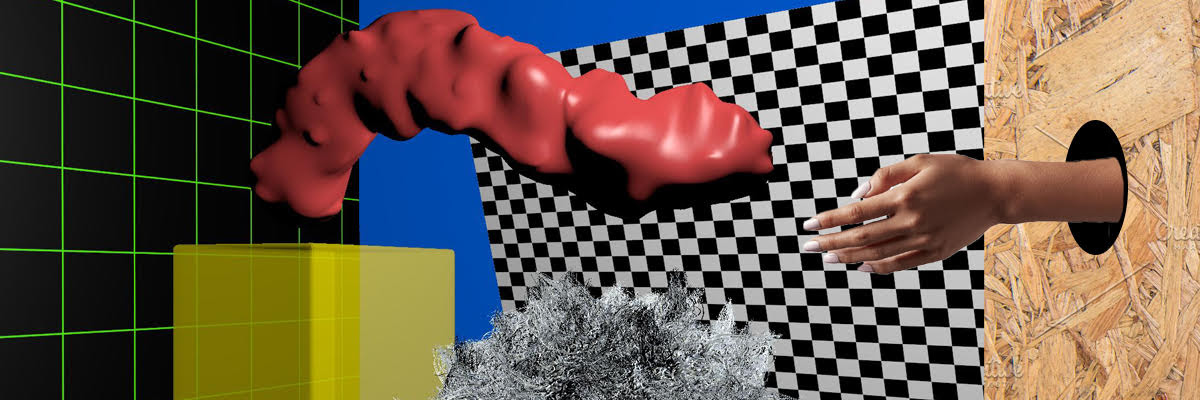
Sculpture After the Internet (60440)
TR 8:30-11:20am
Professor Isla Hansen
Hito Steyerl asked, “Is the internet dead? …[it is] completely surveilled, monopolized, and sanitized by common sense, copyright, control, and conformism… what happened to the internet after it stopped being a possibility?” This course assumes it is the artist’s role to find and create possibilities in all contexts, and investigates what it means to create new possibilities by making physical objects, experiences, sculptures, installations, and systems in an era post-internet. This course also acknowledges and embraces our remote / distant learning circumstances and investigates what it means to make sculpture on the computer, online, and offline in “socially distant” physical environments, while simultaneously introducing students to concepts relevant to making “post-internet” sculpture and digitally fabricated objects at a more advanced level.
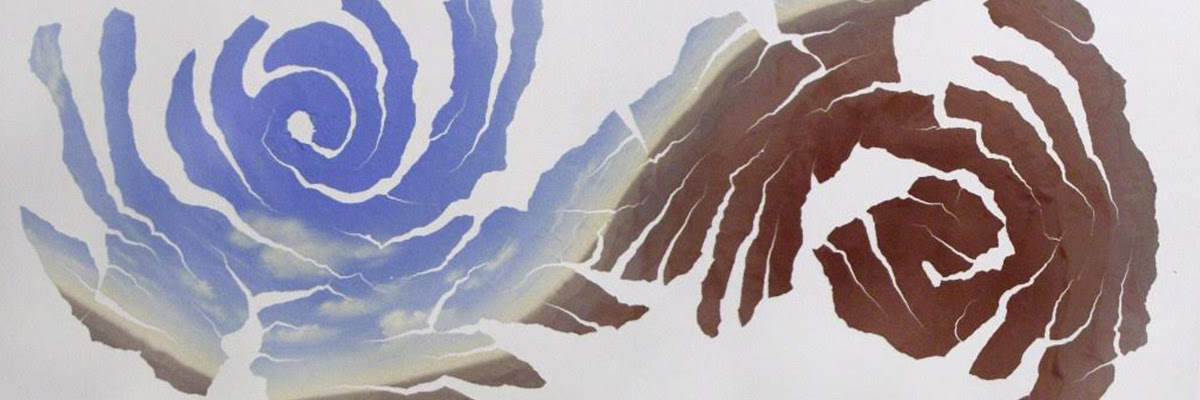
Art of Mapping/Mapping as Art (60490)
MW 8:30-11:20am
Professor John Carson
Many artists have used maps as inspiration, and for some, maps are integral to their work. Maps purport to objectively represent territory while revealing the biases of their authors. This course will question conventional notions of objective cartography and look at how artists have creatively and critically used various forms of mapping. As well as geographical and physical space, the course will consider representations of psychological space, social space and conceptual space. Definitions of mapping will be extended to include information visualization, diagrammatic systems, geographic infrastructures, aerial photography, landscape interventions, and journeys through space and time. There will be a few initial short assignments, and students will devise their own projects later in the semester.
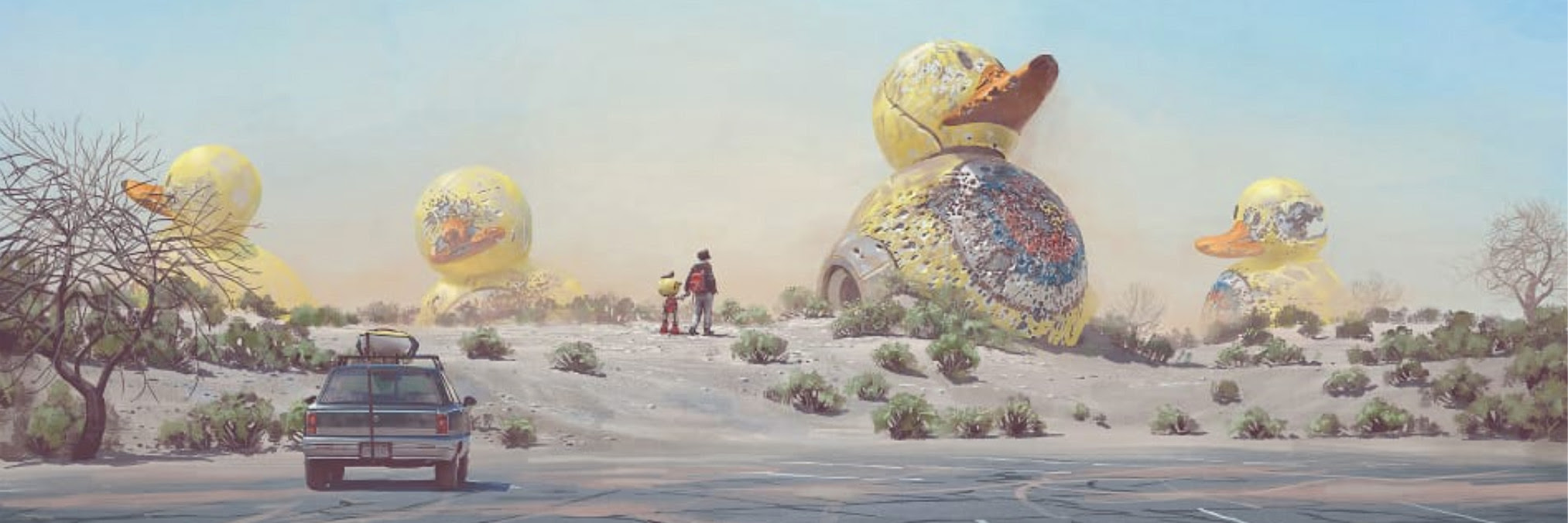
Art AFTER The End Of The World (60491)
MW 1:30-4:20pm
Professor Rich Pell
This course will take students on a deep dive into our mythological, scientific and artistic understanding of world-changing catastrophic events, from the earliest human stories up to the present moment. Film and writings, fiction and non-fiction will inform a critical conversation about the important role of artists in these times. Contemporary research in science and critical theory will inform the development of unique self-defined creative practices that embrace our most durable human qualities of joy, empathy, humor, and courage. Field-trips (virtual and/or RL) will fuel group discussion and the development of new artistic works open to any media.
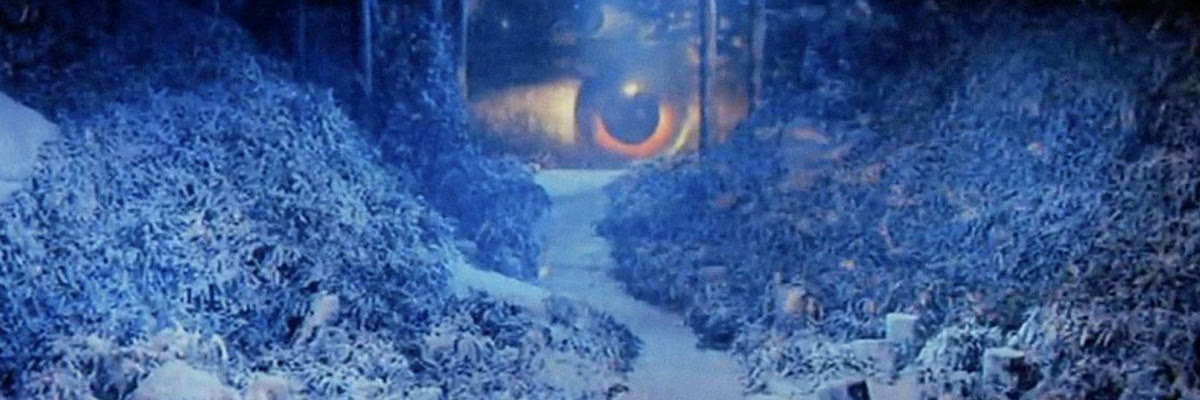
Once Upon A Time: A Survey of International Fairy Tale Film (60356)
M 6:30-9:20pm
Professor Suzie Silver
Fairy tales have been a part of cinema from the beginning. Since George Melies 1899 Cinderella, filmmakers from across the globe have returned to the genre not only for escape into enchanted worlds, but also for social critique, with stories of injustices avenged, class oppression overthrown and gender roles expanded. In this course we will decenter the narrow conception of the genre fixed by Disney and Hollywood directors to examine fairy tale films from around the world. We will encounter the emergence of a renewed poetics and politics of wonder in international films about transformation, wish-fulfillment and reversals of fortune that deliver a situated counterpoint to the hegemony of a colonizing and commercialized poetics of magic.
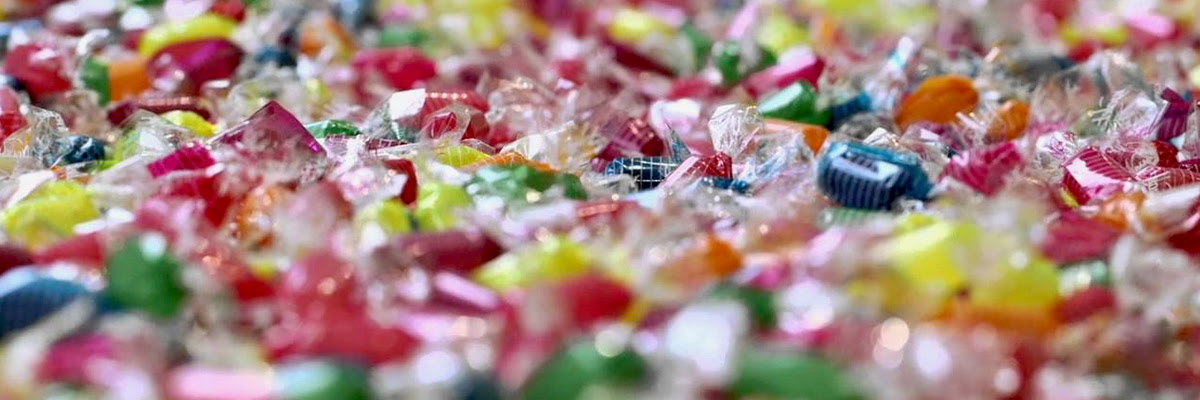
Queer Power in Art Theory (60365)
W 6:30-9:20pm
Professor Jongwoo Jeremy Kim
Queer power is a form of (anti-)knowledge that demystifies phallogocentrism and neuters heteronormativity. This class examines how queer theories empower—and can originate in—art making and its history. Over the course of the semester, students discuss recent publications in the field such as Rogers Brubaker’s Trans: Gender and Race in an Age of Unsettled Identities (2016) and Paul B. Preciado’s Testo Junkie: Sex, Drugs, and Biopolitics in the Parmacopornographic Era (2013). Students also investigate recent exhibitions exemplifying oppositional epistemology such as Trigger: Gender as a Tool and a Weapon (The New Museum, 2017-18) and Hide/Seek: Difference and Desire in American Portraiture (National Portrait Gallery, 2011).

Black Utopias: Writing Ourselves Into a Better Future (60388)
R 6:30-9:20pm
Professor Alisha Wormsley
In this course we will examine various utopian visions of Black Americans. Focusing on the 20th century up to present day, the class will research the Afro-futurist and Afro-utopian ideologies found in literature, film, and art, and their opposition to canonical American utopian ideals. We will engage with the ways Zora Neale Hurston’s fieldwork inspired Sun Ra’s Space Is The Place and Julie Dash’s Daughters of The Dust, how real movements like the MOVE house in Philadelphia inspired Octavia Butler to write Parable of the Sower, and more recently, how the oppression from the policing of African Americans can inspire Terence Nance’s new series, Random Acts of Flyness. The course is an exploration of the empowerment and self-determination that African Americans use to visualize a better world for themselves.
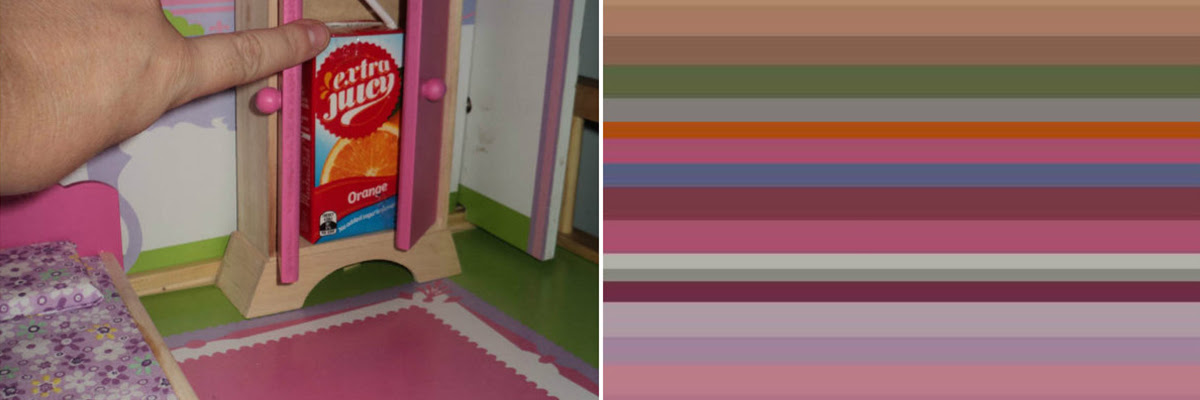
Color (60452)
MW 8:30-11:20am
Professor Clayton Merrell
In this advanced course, students will learn to employ a wide range of color theories and color systems through hands-on exercises and studies. Studies will be done primarily in paint, with some use of collage and digital media. These exercises will be aimed at mastering a variety of color approaches that will be applicable to each student’s own artistic practice. Students will develop, based on their own interests, a cohesive body of work in which to practice and expand on the skills learned through the directed exercises. Studio work will be augmented by lectures, demonstrations, critiques, readings and critical discussion of writings about color.
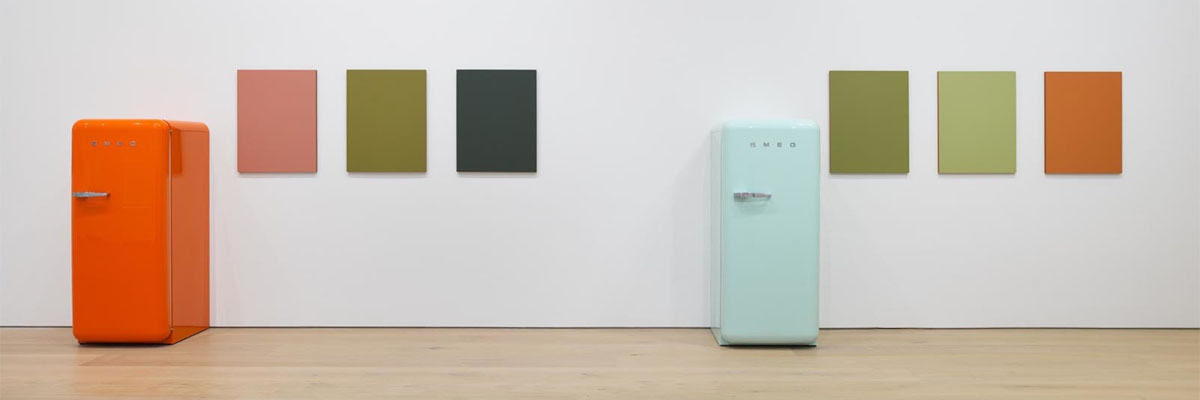
Advanced Painting (60453)
MW 1:30-4:20pm
Professor Lyndon Barrois Jr.
This course is designed to help promote a painter’s development, both conceptually and technically. It encourages students to expand their ideas through a diverse set of projects. Through research and studio experimentation, students will explore issues of scale, surface, materiality, process and performativity in painting. They will also consider notions of the “picturesque” and how non-artistic disciplines can inform painting. Lectures and assignments are designed to enrich the painter’s conceptual and technical base and to promote creative growth.
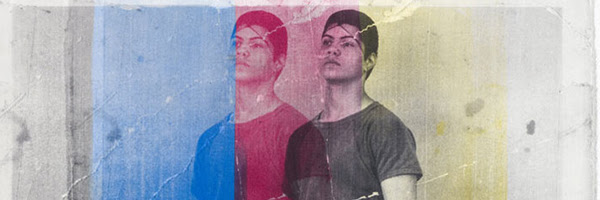
Photography/Print Workshop (60471)
TR 8:30-11:20am
Professor Kim Beck
In this course in Photography and Print, students will develop semester-long individual projects in contemporary photography, printmaking, artists’ books and/or multiples. Students will work in photography and/or print media, with an invitation to use either studio-based processes (intaglio, lithography, screenprint, photography lab) or work with hand-printing, digital or nontraditional approaches (monotype, stamps, stencils, rubbings, relief, digital photography). This will culminate in a capstone book, supported by the School of Art. Readings, discussion, critique, and visiting artists will enhance our conversation and research. As a workshop, this course is for students who are ready to explore their work more deeply and create ambitious self-driven projects.
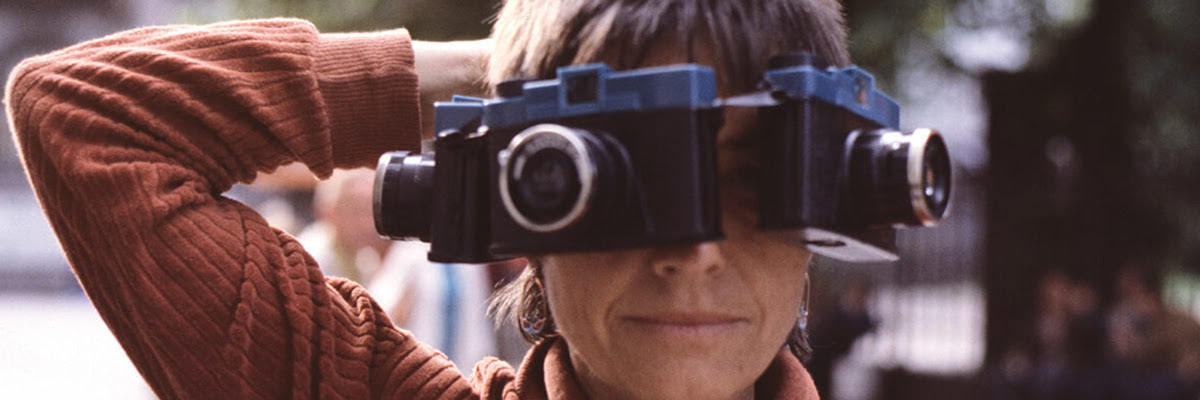
Imaging Liveness: photography and performance (60474)
F 8:30-11:20am & 1:30-4:20pm
Professor Katherine Hubbard
Performance art, or the live event, has been a continuous element of art practice throughout most of the 20th century but our evolving technologies of digital recording devices have radically impacted our understanding of performance as a medium of disappearance. With the increased expectation to engage remotely the role of documentation in relationship to the live event has become an inevitability rather than a conscious construction. Considering the proliferation of cameras, the value of photographic representation, it’s meaning and potential are critical – from within the glut of image culture it becomes crucial to re-examine our corporeal existence and the repercussions of both having a body and being represented as a body. Participation in this course will grant you access to a professional digital SLR camera; lens kit, and tripod for the duration of the semester.
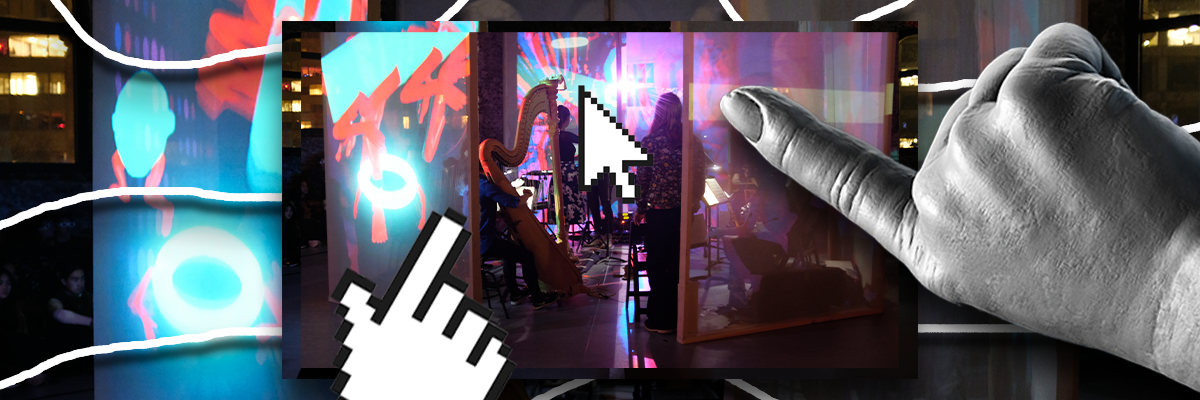
Real-Time Animation (60413)
TR 8:30-11:20am
Professor Johannes DeYoung
An exploration of improvisational strategies for making animation within real-time computer graphics frameworks. Advancements in motion capture technologies, real-time 3D computer graphics engines, and visual programming tools for AV synthesis provide open frameworks for the exploration of animation in spatial and interactive contexts. Studio work will explore real-time animation in a variety of contexts, including screen-based interaction, site-specific installation, and spatial immersion. Conceptual frameworks drawn from the histories of animation, expanded cinema, video art, and immersive media design will inform independent and collaborative studio work, and class discussion.
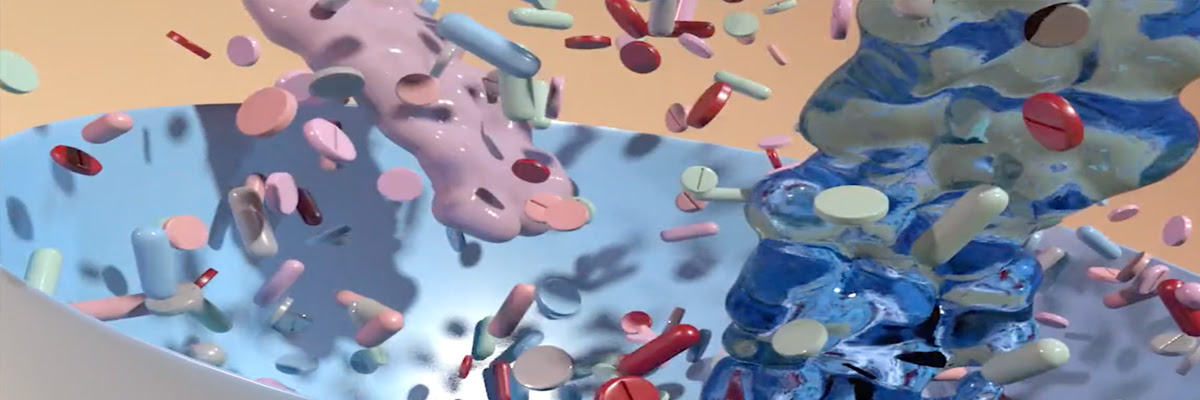
Animation Studio (60415)
MW 8:30-11:20am
Professor James Duesing
This is an open animation studio for students who want to improve existing animation skills and develop a personal animated short. The class will introduce a variety of techniques and concepts for animation production. Using both 2D and 3D tools, animation will be explored through short assignments designed to develop diverse skills and ideas. Each student will develop and produce a short animation. The class will engage in discussion and critique of each other’s work along with examples of historic and contemporary animation.
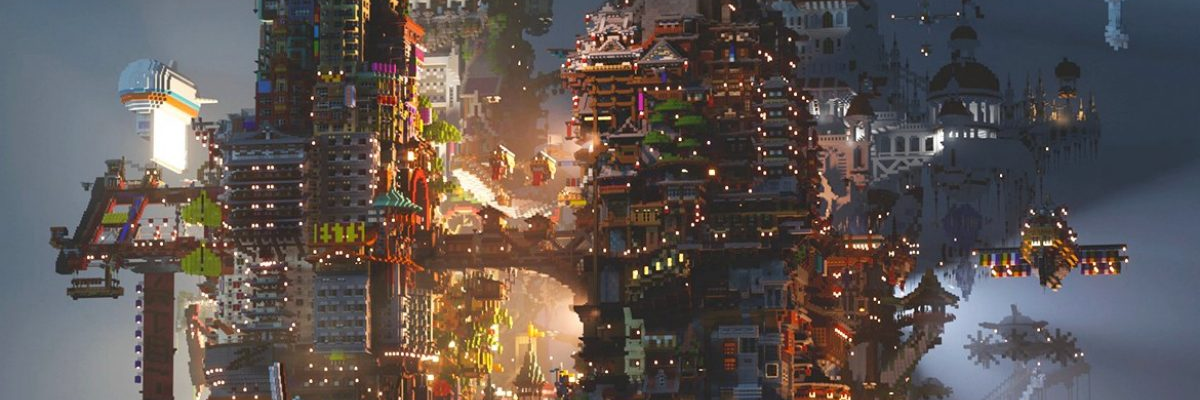
Experimental Game Design: Remote Play / Remote Work (60419)
F 8:30-11:20am & 1:30-4:20pm
Professor Paolo Pedercini
In this installment of Experimental Game Design, the emphasis is placed on all aspects of remote play: online multiplayer games, streaming culture, MMORPG interventions, transnational gaming communities. If face-to-face activities are still disrupted by the Coronavirus pandemic, the online component will be deeply integrated in the coursework, and will involve workshops in Minecraft, Second Life and Twitch. Topics will include: network protocols for online games, telecommuting tools, source control, streaming, and cloud gaming technologies. The class consists in one long session per week that allows for extended prototyping exercises (mini-jams), technical tutorials, lectures, and in-depth playtesting sessions.
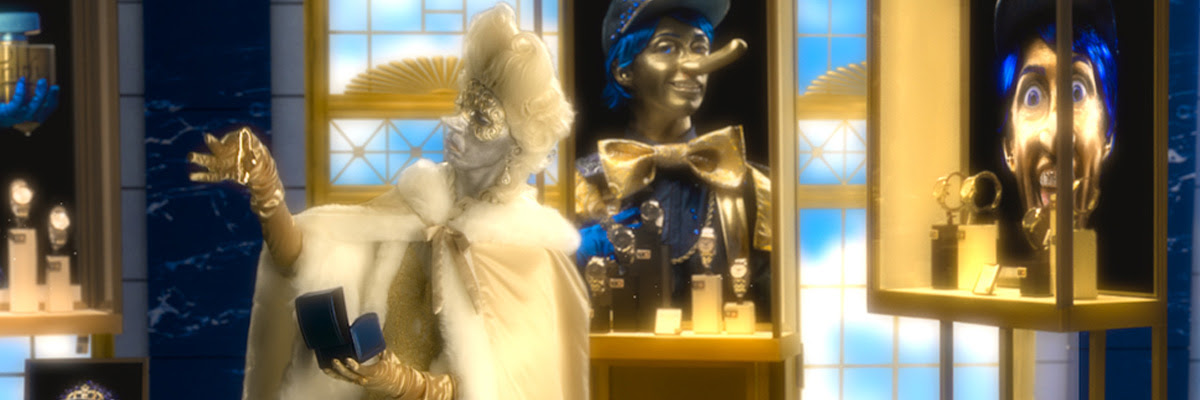
(Im)Possible Worlds: 2D Animation, Motion Graphics and Visual Effects (60425)
MW 1:30-4:20pm
Professor Suzie Silver
While developing proficiency in Adobe After Effects (and other tools) students will explore the experimental worldbuilding and storytelling possibilities of hybrid moving image media. This course is structured around technical tutorials and workshops, readings and screenings, the creation of collaborative and individual moving image projects, discussion and critique. Some of the themes we will explore include “The Fantastic” as expressed in the genres of horror, science fiction and fantasy. Artists whose work we will look to for inspiration include Jacolby Satterwhite, Shana Moulton, Rachel MacLean, Rachel Rose, Charles Atlas, Sondra Perry, Max Almy, Nam June Paik, Stan Van Der Beek, Zach Blas, Laurie Anderson, Cecile B. Evans, Ryan Trecartin, and many others.
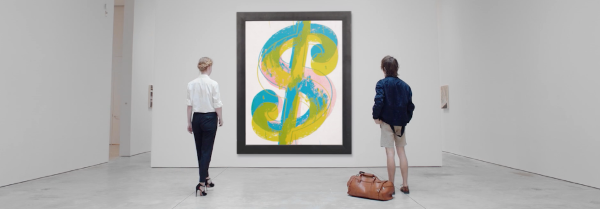
Professional Development for Creative Practices (60350)
R 6:30-9:20pm
Professor Tom Hughes
Supporting a creative practice-whether an individual studio practice, temporary collaboration or commission, or an incorporated business or non-profit-all require a foundational knowledge of basic organizational, legal, and financial structures and practices. Students can expect to develop a starting knowledge of business operations, problem-solving skillsets that can be applied to their own practices, and tools for evaluating and taking advantage of new opportunities. Topics covered will include, but are not limited to: basic business structures; intellectual property and artists’ rights; agreements, contracts, and employment; generating revenue, tax implications, and financial management; negotiation and compromise; and elements of business strategy development.
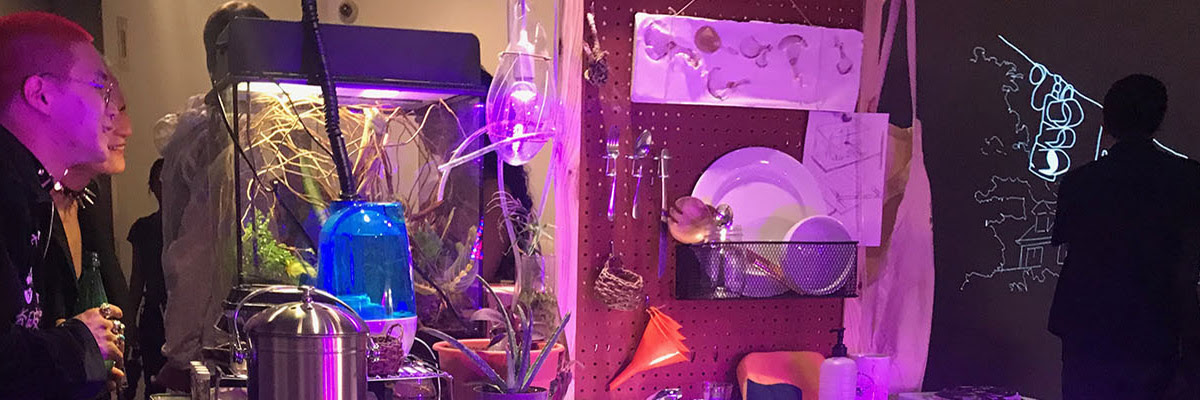
Senior Studio (60401)
TR 1:30-4:20pm
Professors Kim Beck, Bob Bingham, Carol Kumata and Ginger Brooks Takahashi
Students initiate a comprehensive two-semester project in the first semester to be continued and completed in the second semester of their senior year (60402). Each student pursues an ambitious and cohesive body of work with guidance by a team of School of Art faculty. Multimedia, multidisciplinary, and collaborative work is encouraged. Studio work is supplemented by group critiques, workshops on writing, professional presentation skills, career preparation, and technical instruction as needed. Attendance at all 6:30pm School of Art Lecture Series events is required for this class.
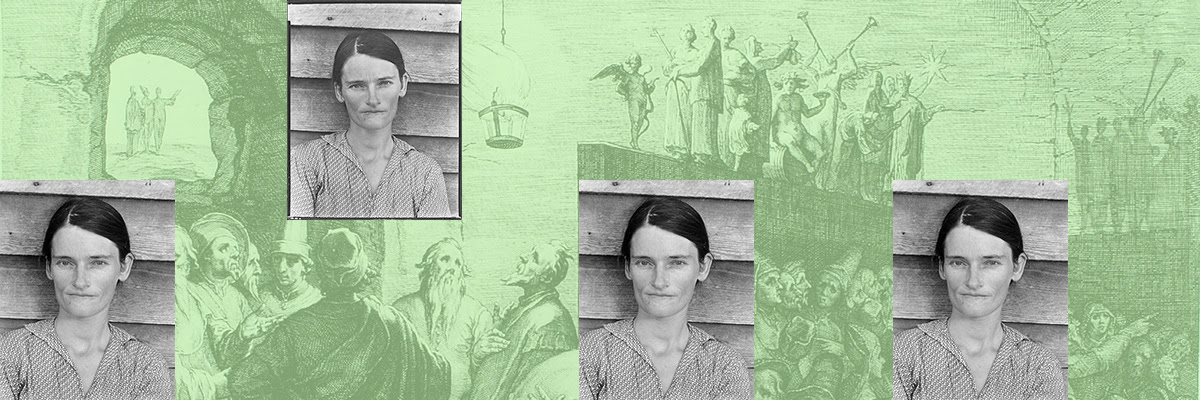
Reading Pictures, Writing Photography (60239)
R 6:30-9:20pm
Professor Leo Hsu
Through photography’s history, writers have sought to identify what is special about photography, the medium’s “essential characteristics,” and what happens when photographs make something visible. In this course students will engage critically with photographs and photography through classic and contemporary texts on photography, and by producing their own writing. Students will become familiar with significant photographers and key issues raised around photography and develop their own critical and authorial voices. Readings include pieces by Roland Barthes, Walter Benjamin, Susan Sontag, Hito Steyerl, Rebecca Solnit, Teju Cole, and many others.
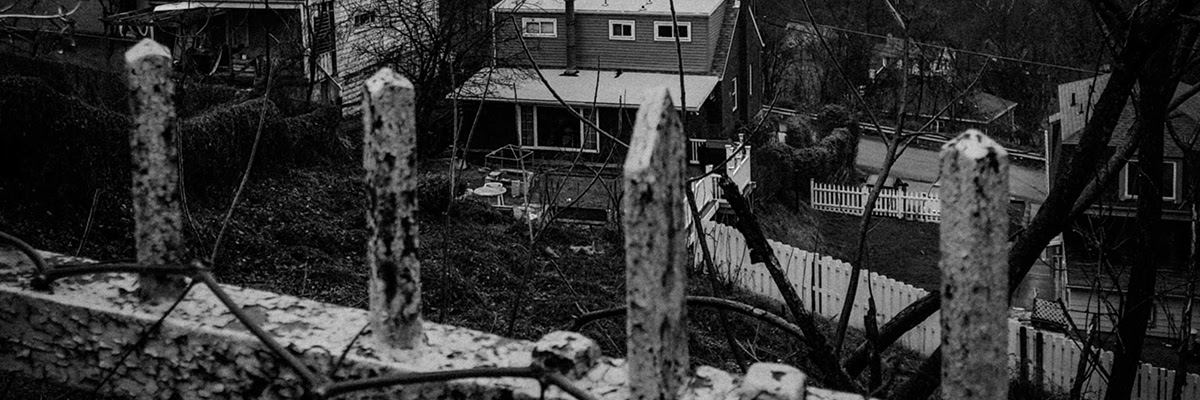
Black and White Photo II (60241)
TR 1:30-4:20pm
Professor Jamie Gruzska
Black and White Photography II continues developing your technical skills in analog photography by introducing medium and large format cameras and prints. Large format view cameras remain the state of the art in control and quality in both film and digital photography. These cameras as well as unusual panoramic and pinhole cameras will be supplied. This course emphasizes aesthetic development and personal artistic growth through individual tutorials and group critiques, and will help to build professional level photography skills. Additional topics include digital printing and negative scanning, advanced monotone printing methods, and a focus on exhibition and folio presentation.
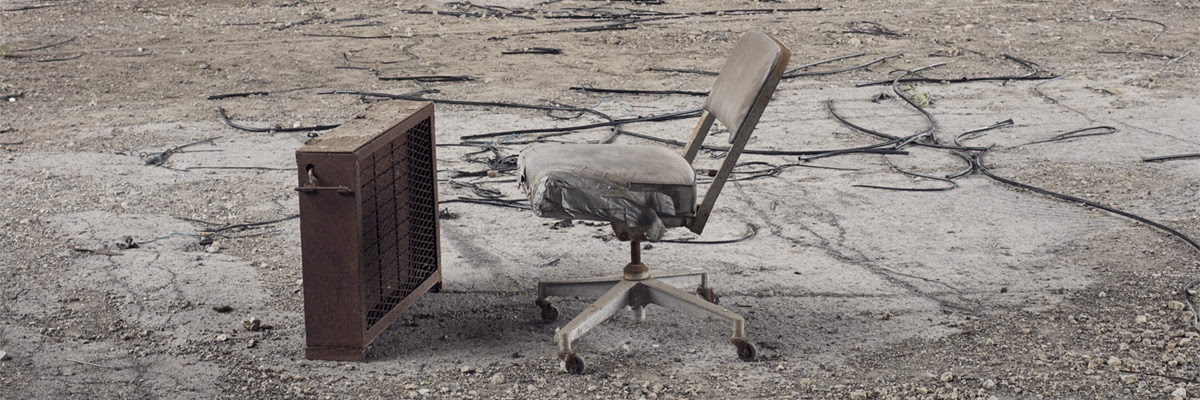
Portrait Photography (60245)
MW 8:30-11:20am
Professor Ross Mantle
Portraiture maintains a unique standing in photography for its direct and collaborative relationship between an individual and a photographer. This course will examine this relationship and the larger contexts which provide the conceptual framework for deriving meaning and understanding from an image of another person. We will study the theoretical and practical aspects of portrait photography in both studio and environmental settings, providing students with an understanding of the genre by developing both technical and conceptual skill sets. Students will utilize analog and digital equipment, learn studio lighting techniques, develop approaches to working with natural light, and explore methods of printing and presentation.
